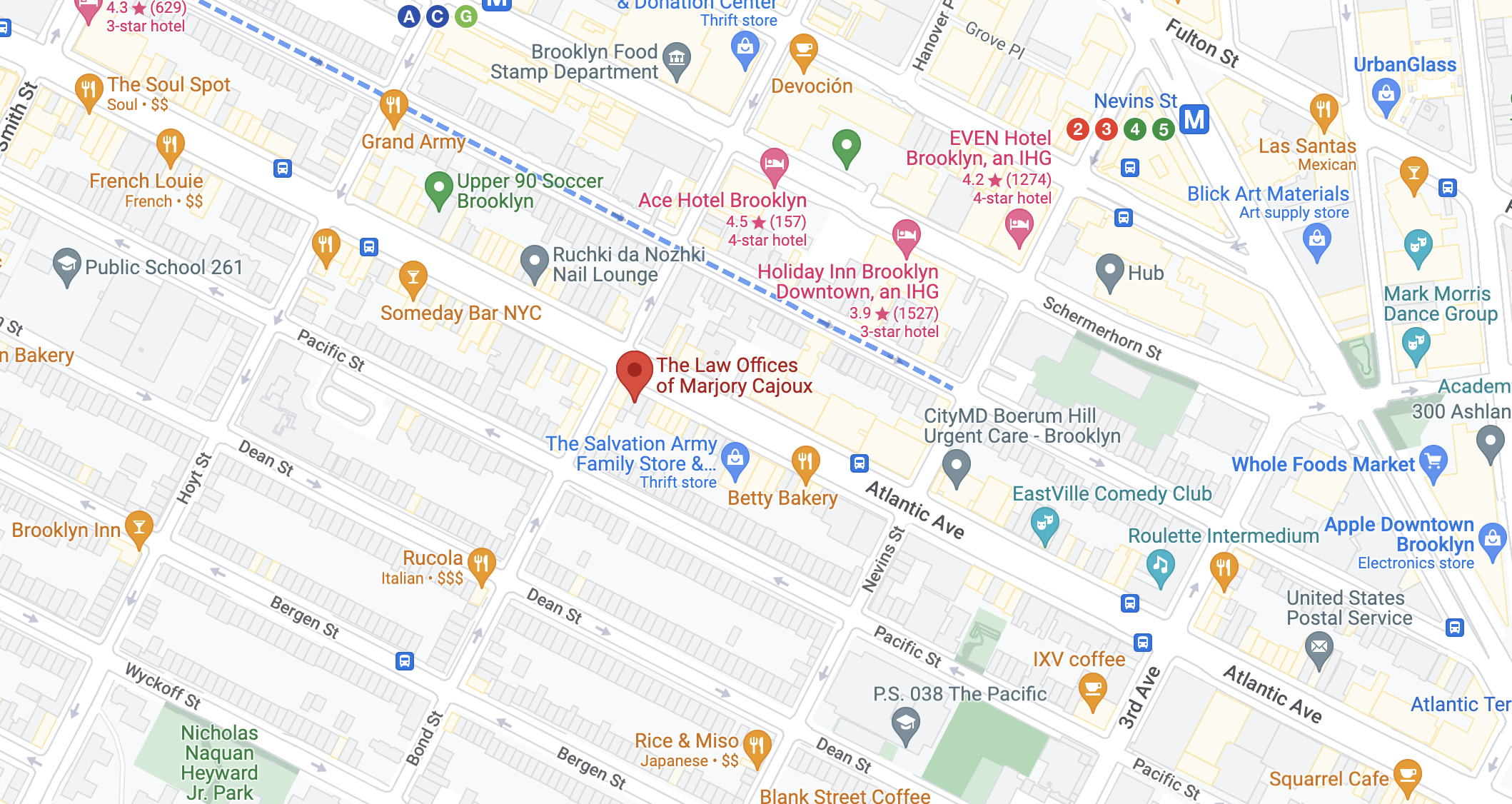Over the past two decades, digital assets have grown in both popularity and availability. Individuals can amass valuable entertainment collections, and extensive photo libraries and run a successful business through only online channels. When it comes to crafting an estate plan, however, these digital assets can present some complications.
In many ways, the court sees digital assets like their physical counterparts. Whether it is a movie collection saved in an online storage portal or thousands of dollars in cryptocurrency, individuals must account for their distribution to primary or secondary beneficiaries. Unfortunately, there are some obstacles that can prevent the smooth transition, including:
- Location and login information: Legal professionals recommend that individuals keep an extensive list of various websites, usernames and passwords. While this might seem a cumbersome task, it is critical to the smooth transfer of digital assets in an estate plan. Simply leaving a blog, online storefront or social media site to an heir is often not enough. Detailed instructions regarding login information and the answers to any security protocol questions are necessary for your heir to take over the site.
- Data security: While the law is evolving in this area, it is wise to take steps to ensure a smooth transition to your heirs. To this end, it is important to legally transfer ownership of any digital asset. In many instances, naming an heir is simply not enough. Many individuals write a note fully giving authorization for the heir to take ownership, transfer data, modify websites or change login information. Without this express written consent, the digital asset could be mired in legal complications in the future.
- Data privacy: Numerous policies exist to restrict access to various websites after the death of the primary user. In fact, many social media sites might have their access locked upon the passing of the user. It is crucial, then, that the estate plan provides provisions for continued access, creation, or modification. This extends to email communication, phone access, or direct messaging.
When creating a comprehensive estate plan, individuals often focus exclusively on physical assets such as a home, vehicles, jewelry, or artwork. It is wise, however, to devote a significant amount of time to the distribution of digital assets. Whether these assets have a physical counterpart or exist solely in an online environment, special care should be given to how the legal system handles them after your death.






